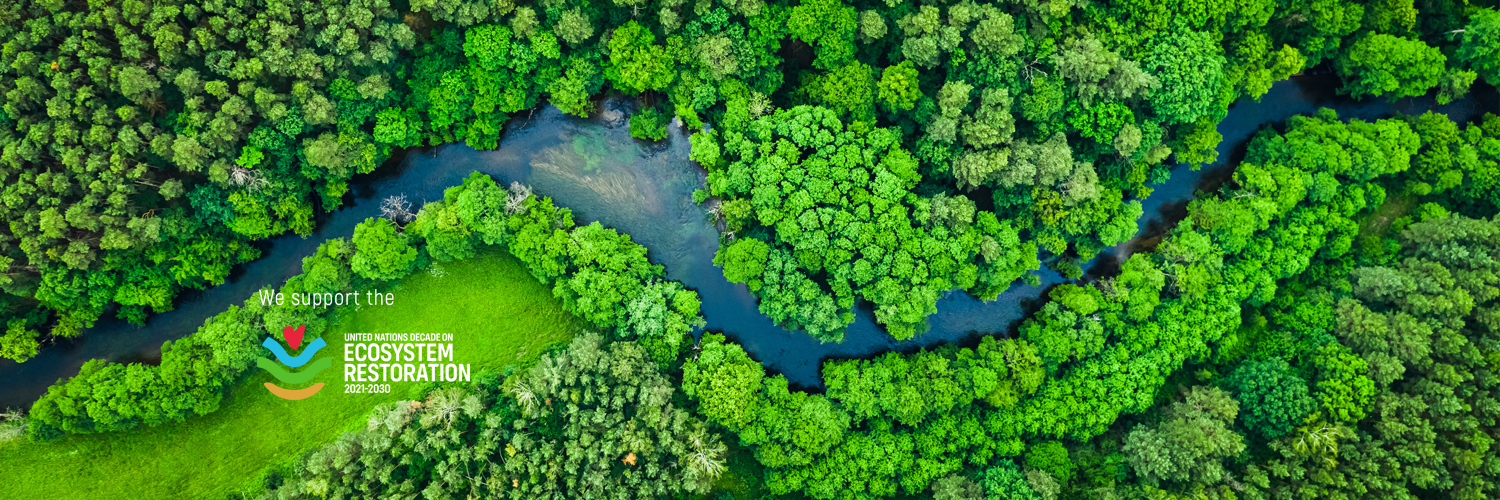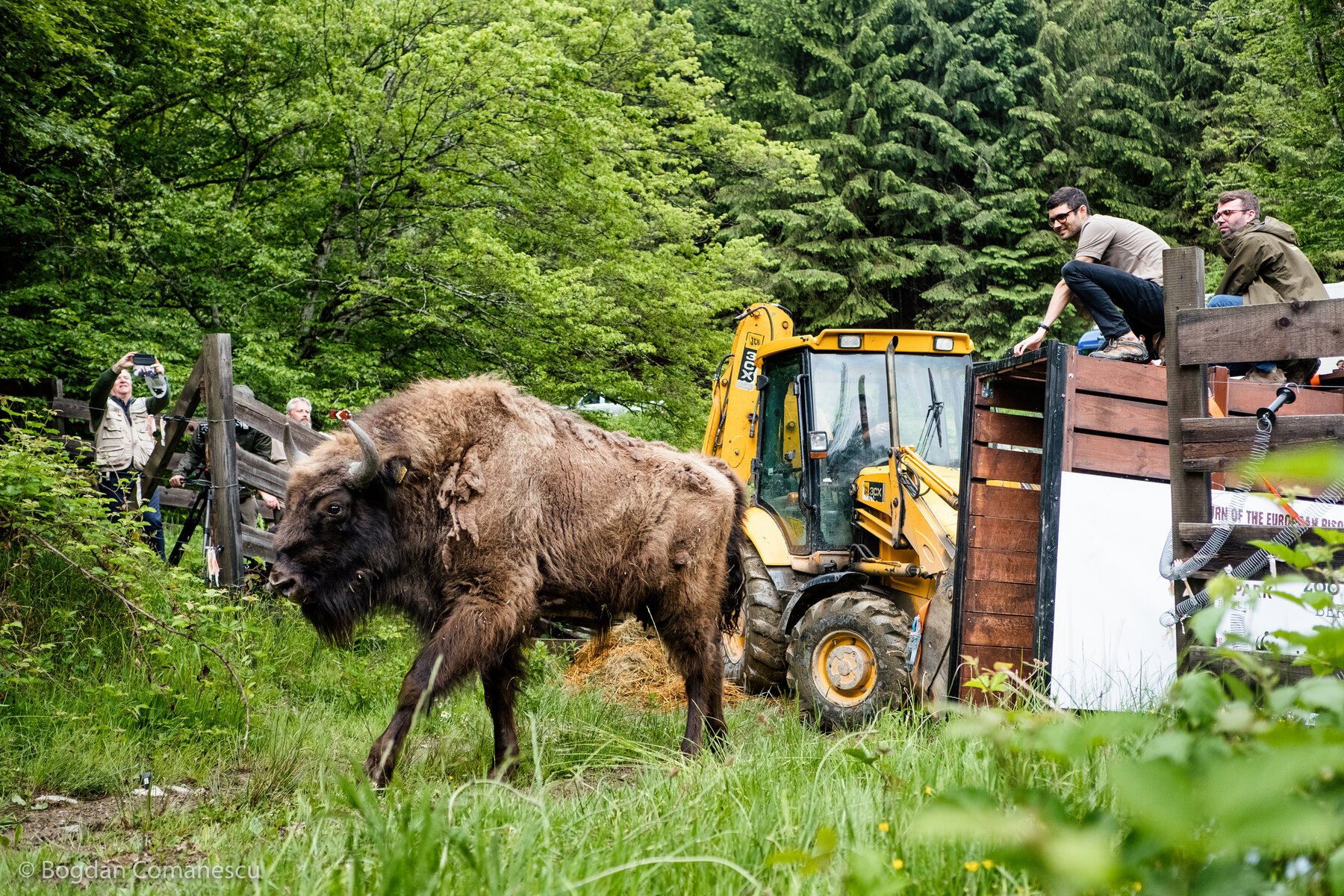Reforestation efforts are reconnecting the fragmented natural habitats of the endangered red panda. Providing people living in these areas with energy-efficient stoves and encouraging the use of more efficient fuels also ensures that fewer trees are cleared for firewood, which allows the forests to recover.

BACK TO NATURE!
The UN Decade on Ecosystem Restoration 2021-2030
A healthy natural world is the basis for all life on Earth. The correct balance of flora and fauna ensures clean air and water, regulates the climate, enhances wellbeing, and provides an abundance of food for all the planet’s inhabitants.
By expanding our towns and cities, cutting down forests and draining bogs, we humans have upset this natural balance. Many ecosystems can still be saved, but to do so we will need to work together to restore the ecosystems we have lost.
What does this mean for us? It’s time to take action!
The United Nations (UN) has declared 2021 to 2030 the UN Decade on Ecosystem Restoration. Many states, organisations and initiatives are already supporting this project, and now Zoo and Tierpark Berlin are also participating as official actors. The common goal is to create a strong global movement that is broadly anchored in society and promotes the re-establishment of ecological systems – as an overarching political goal and through a variety of large and small initiatives on the ground.
For a long time, humans have been using and abusing nature all over the world. As a result, global biodiversity is more threatened today than ever before. This trend must not only be stopped, it must be reversed – because functioning ecosystems are also necessary for human survival. A healthy natural world is a prerequisite for achieving the UN’s Sustainable Development Goals and for conserving biodiversity, fighting climate change, protecting the soil, and providing food security.
The UN Decade is coordinated by the United Nations Environment Programme (UNEP) and the Food and Agriculture Organization of the United Nations (FAO).
0 goals
The member states of the United Nations have adopted 17 Sustainable Development Goals. These are intended to create a world that is free from poverty and inequality, that provides education and healthcare for all, and that has intact natural habitats, a healthy climate, and a sustainable economy. All member countries have pledged to achieve these goals by 2030.
0 species
As many as 150 animal and plant species are currently dying out every day. Experts estimate this species loss is 100 times higher than it would be without the presence of humans. Pollution, climate change, poaching, and the destruction and overexploitation of natural habitats are causing the largest mass extinction since the disappearance of the dinosaurs.
![[Translate to English:] [Translate to English:]](/fileadmin/_processed_/3/4/csm_Artenschutz_-_Roter_Panda_-_Red_Panda_Network_copy_82858bba48.jpg)
![[Translate to English:] [Translate to English:]](/fileadmin/_processed_/e/a/csm_Auswilderung_-_Wisent_-_2021_1c242370ac.jpg)
![[Translate to English:] [Translate to English:]](/fileadmin/_processed_/f/9/csm_Feldhamster_-_Nachwuchs_b2e5f54fe3.jpg)
